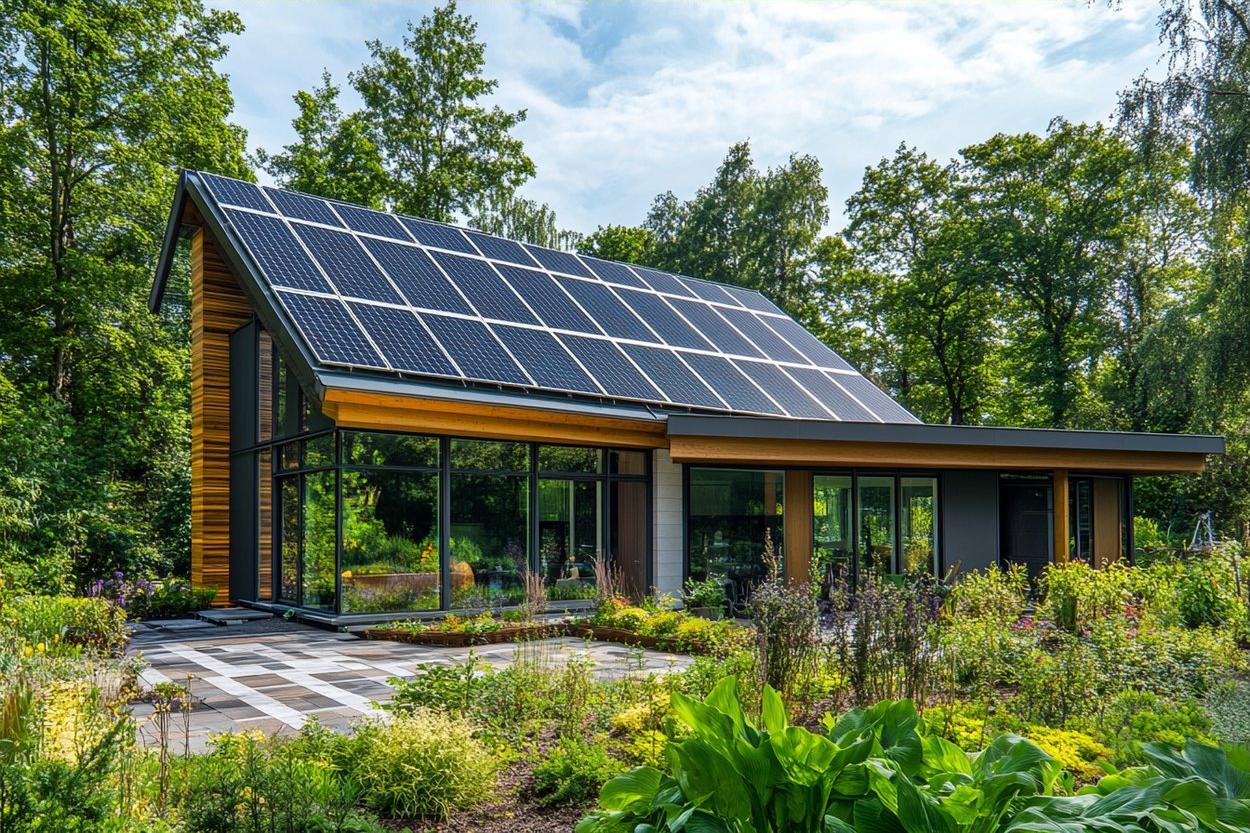Eco-Friendly Pest Control: A Comprehensive Guide to Integrated Pest Management
Pest control is an essential aspect of maintaining a healthy and comfortable living environment. However, traditional pest control methods often rely on harsh chemicals that can harm the environment and pose risks to human health. As awareness of these issues grows, more people are turning to eco-friendly pest control solutions. This article delves into the world of environmentally conscious pest management, focusing on Integrated Pest Management (IPM) and its benefits for both homeowners and the planet.

Why Choose Integrated Pest Management?
Integrated Pest Management, or IPM, is a holistic approach to pest control that emphasizes long-term prevention and sustainable solutions. IPM programs utilize comprehensive information about pest life cycles and their interactions with the environment to manage pest populations effectively. This method combines various techniques, including biological control, habitat manipulation, and the judicious use of pesticides when necessary. By adopting IPM practices, property owners can achieve lasting pest control while reducing reliance on chemical interventions.
How Does Certification Ensure Quality in Pest Control?
Certification plays a crucial role in ensuring the quality and effectiveness of pest control services, particularly in eco-friendly and IPM approaches. Professional certifications demonstrate that a pest control provider has undergone rigorous training and possesses the knowledge necessary to implement sustainable pest management strategies. Certifications may be offered by industry organizations, government agencies, or specialized educational institutions. When selecting a pest control service, look for certifications that specifically address eco-friendly practices and IPM methodologies to ensure you’re working with a qualified professional.
What Are the Key Components of Integrated Pest Management?
Integrated Pest Management is built on several fundamental principles that work together to create a comprehensive pest control strategy:
-
Prevention: Implementing measures to prevent pest infestations before they occur, such as sealing entry points and maintaining proper sanitation.
-
Monitoring: Regularly inspecting and identifying pest populations to determine if and when intervention is necessary.
-
Cultural Controls: Modifying the environment to make it less hospitable to pests, such as improving drainage or altering landscaping practices.
-
Mechanical Controls: Using physical methods to remove pests or block their access, like traps or screens.
-
Biological Controls: Introducing or encouraging natural predators or parasites that control pest populations.
-
Chemical Controls: Using pesticides as a last resort, selecting the least toxic options and applying them in a targeted manner.
How Can Homeowners Implement Eco-Friendly Pest Control?
Homeowners can take several steps to incorporate eco-friendly pest control practices into their property management:
-
Seal Entry Points: Inspect your home for cracks, gaps, and openings that pests might use to enter, and seal them properly.
-
Maintain Cleanliness: Keep your home clean and free of food debris, as this can attract pests.
-
Proper Storage: Store food in airtight containers and dispose of garbage regularly in sealed bins.
-
Natural Repellents: Use plants like mint, lavender, or citronella that naturally repel certain pests.
-
DIY Traps: Create non-toxic traps using household items like vinegar or dish soap for common pests like fruit flies.
-
Professional IPM Services: When needed, hire certified pest control professionals who specialize in eco-friendly and IPM techniques.
| Service | Provider | Key Features |
|---|---|---|
| Eco-Friendly Pest Control | Green Pest Solutions | IPM-certified technicians, organic treatments, comprehensive inspections |
| Integrated Pest Management | EcoWise Pest Management | Customized IPM plans, focus on prevention, use of beneficial insects |
| Natural Pest Control | Nature’s Way Pest Control | Chemical-free options, habitat modification expertise, educational resources |
Prices, rates, or cost estimates mentioned in this article are based on the latest available information but may change over time. Independent research is advised before making financial decisions.
What Are the Long-Term Benefits of Eco-Friendly Pest Control?
Adopting eco-friendly pest control methods offers numerous long-term benefits for both property owners and the environment. These sustainable practices contribute to healthier ecosystems by preserving beneficial insects and organisms that naturally control pest populations. Over time, this approach can lead to more resilient landscapes and reduced need for interventions. Additionally, eco-friendly pest control minimizes exposure to harmful chemicals, promoting better health for humans, pets, and wildlife. By focusing on prevention and targeted treatments, property owners can also save money in the long run by avoiding costly infestations and reducing the frequency of pest control services.
In conclusion, eco-friendly pest control, particularly through Integrated Pest Management, offers a sustainable and effective solution to managing pest issues. By embracing these methods, homeowners and businesses can protect their properties while contributing to a healthier environment. As the demand for environmentally conscious practices grows, the pest control industry continues to evolve, offering innovative and natural solutions that benefit both people and the planet.






